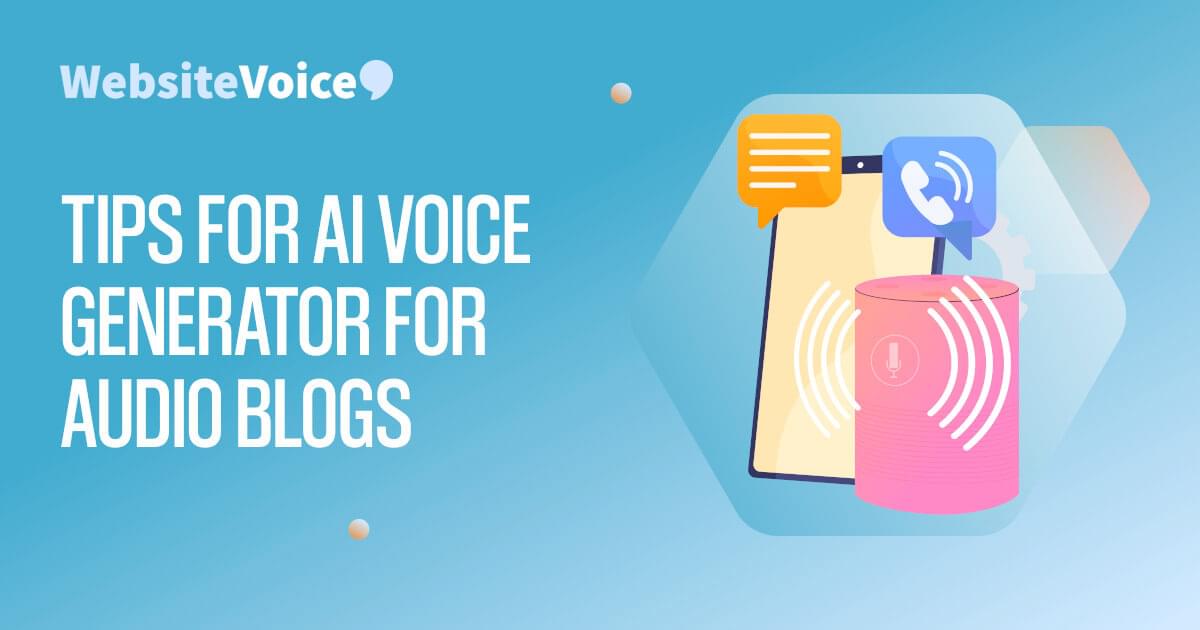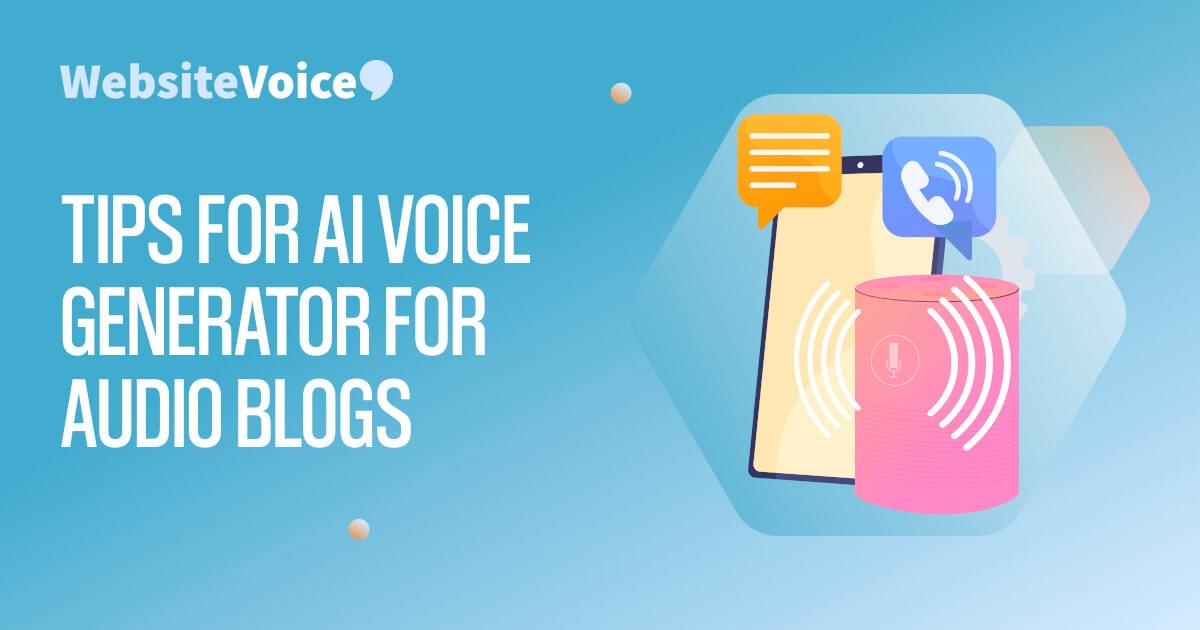Finding the right AI voice generator for podcasting can feel overwhelming. There’s a sea of options, each promising natural-sounding voices and seamless integration, but how do you navigate the choices and find the perfect fit for your podcast? This guide will walk you through the essential features, pricing models, integration processes, and ethical considerations to help you make an informed decision.
Picking the perfect AI voice for your podcast is key! You want something natural-sounding and reliable, right? This brings up privacy concerns; check out this article about Apple paying $95M to settle a lawsuit accusing Siri of eavesdropping: Apple to pay $95M to settle lawsuit accusing Siri of eavesdropping. Knowing this, carefully consider the privacy policies of any AI voice generator before committing to one for your podcast.
Remember, a great voice is only as good as its security!
We’ll cover everything from the importance of natural-sounding speech and intonation to the various pricing structures and software integrations available. We’ll also delve into customizing your AI voice to match your podcast’s brand and tone, ensuring a consistent listening experience for your audience. Plus, we’ll address the ethical implications and legal aspects of using AI-generated voices, so you can create your podcast responsibly.
Essential Features of AI Voice Generators for Podcasting
Choosing the right AI voice generator for your podcast is crucial for delivering a professional and engaging listening experience. Several key features significantly impact the quality and efficiency of your podcast production. Understanding these features will help you make an informed decision.
Natural-Sounding Speech and Intonation
The most important aspect of any AI voice generator is its ability to produce natural-sounding speech. Artificial-sounding voices can be distracting and detract from the overall quality of your podcast. Look for generators that offer realistic intonation, pauses, and emphasis to mimic human speech patterns. This naturalness significantly improves listener engagement and comprehension.
Text-to-Speech (TTS) Technology: Benefits and Drawbacks
Text-to-speech (TTS) technology offers significant benefits for podcast production, including increased efficiency and reduced production costs. You can quickly generate voiceovers for introductions, outros, or even entire segments, freeing up time for other aspects of podcasting. However, relying solely on TTS can sometimes lack the emotional nuance and expressive delivery that a human voice provides. A balanced approach, combining TTS with human narration where appropriate, often yields the best results.
Voice Styles and Tones
Different AI voice generators offer a range of voice styles and tones, from formal and authoritative to casual and conversational. Consider the overall tone of your podcast when selecting a voice. A news podcast might benefit from a serious, authoritative voice, while a comedy podcast might use a more playful and energetic one. The ability to choose from diverse voices allows for greater creative control and personalization.
Comparison of AI Voice Generators

| AI Voice Generator | Voice Customization | Emotion Control | Pricing |
|---|---|---|---|
| Murf.ai | Extensive voice options, adjustable parameters | Good range of emotional expression | Subscription-based, various tiers |
| NaturalReader | Multiple voices, some customization options | Limited emotional control | Freemium model, paid features available |
| Speechelo | Variety of voices, pitch and speed adjustments | Basic emotion options | One-time purchase or subscription |
| Play.ht | Many voices, good customization | Offers emotional expression | Credit-based system, various packages |
Budget and Pricing Considerations
The cost of using an AI voice generator can vary significantly depending on the provider and the features you require. Understanding the different pricing models and factors influencing costs is essential for budget planning.
Pricing Models and Cost Factors, Finding the right AI voice generator for podcasting
AI voice generators typically use subscription-based models (monthly or annual fees), pay-per-use models (paying for each generated audio file), or a combination of both. Factors influencing costs include the number of voices available, the length of audio generated, the level of customization options, and access to advanced features like emotion control or background music integration. Some providers also offer free tiers with limited features.
Potential Costs Breakdown
Costs can include the software license fee (one-time purchase or recurring subscription), additional credits for generating longer audio files, potential charges for premium voices or features (like advanced emotion control or commercial use licenses), and any costs associated with integrating the generator into your podcast editing workflow.
Value Proposition of Pricing Tiers
Carefully compare the value proposition of different pricing tiers. Higher-tier subscriptions often provide access to more voices, features, and higher audio quality, which might be crucial for professional podcasting. Consider your needs and budget to find the tier that offers the best balance of features and cost.
Integration with Podcasting Workflows: Finding The Right AI Voice Generator For Podcasting
Seamless integration with your existing podcast editing software is crucial for efficient workflow. Most AI voice generators offer easy export options compatible with popular audio editing tools.
Integration with Editing Software and File Management
Many AI voice generators offer direct export options in common audio formats like MP3 or WAV, making it simple to import the generated audio into your preferred podcast editing software (e.g., Audacity, Adobe Audition, GarageBand). The process usually involves generating the audio within the AI voice generator, downloading the file, and then importing it into your editing software.
Best Practices for Integration
To seamlessly integrate AI-generated voiceovers, plan your script carefully, ensuring smooth transitions between AI-generated segments and other audio elements. Pay attention to audio levels to avoid jarring volume changes. Use editing software to adjust the audio quality and add any necessary effects for a cohesive final product.
Creating Different Podcast Segments with AI

AI voice generators are versatile tools for creating various podcast segments. You can use them to generate introductions, outros, interstitial music cues, or even entire sections of your podcast, depending on your creative vision. This flexibility allows for a more dynamic and engaging podcast format.
Voice Quality and Customization
Achieving high-quality, customized AI voices requires attention to several factors and techniques.
Factors Affecting Voice Quality
The quality of AI-generated voices is influenced by several factors, including the audio resolution (higher resolution generally means better quality), the processing power of the AI model (more powerful models tend to produce more natural-sounding voices), and the quality of the input text (well-written, clear text leads to better results).
Voice Customization Techniques
Most AI voice generators offer customization options, allowing you to adjust the pitch, speed, and emphasis of the generated speech. Experiment with these settings to find the voice that best suits your podcast’s tone and branding. Consider the overall style and mood you want to convey, and adjust accordingly.
Modifying Pitch, Speed, and Emphasis
Adjusting the pitch can change the perceived emotion of the voice (higher pitch might sound more enthusiastic, while lower pitch might sound more serious). Modifying the speed can control the pacing of the narration. Emphasis adjustments allow you to highlight certain words or phrases for improved clarity and impact. These adjustments are crucial for creating a consistent and engaging listening experience.
Achieving Consistent Voice Style
To maintain a consistent voice style across multiple podcast episodes, save your preferred voice settings as presets within the AI voice generator. This ensures that your AI voice remains consistent, strengthening your podcast’s brand identity.
Ethical Considerations and Legal Aspects
Using AI-generated voices responsibly requires careful consideration of ethical and legal implications.
Ethical Implications

It’s crucial to be transparent with your listeners about the use of AI voices in your podcast. Avoiding misleading listeners about the use of AI is vital to maintain trust and credibility. Consider the potential impact of using AI on listener perception and engagement. Always prioritize ethical considerations in your production choices.
Copyright and Intellectual Property
Ensure you have the necessary rights to use any text or music incorporated into your AI-generated audio. Be mindful of copyright laws and intellectual property rights associated with the voices and background music used. Using copyrighted material without permission can lead to legal issues.
Picking the perfect AI voice for your podcast is key; you want something engaging and professional, right? It’s a bit like finding the right commentator – you wouldn’t want a silent broadcast, would you? Check out this article if you’re wondering What happened to Wayne Mardle as commentator missing from to get a sense of how important a good voice is.
Ultimately, finding the ideal AI voice generator will make your podcast shine, just like a great commentator elevates a game.
Transparency and Avoiding Misleading Listeners
Clearly disclose the use of AI-generated voices in your podcast, either in your show notes or within the episode itself. This transparency builds trust with your audience and avoids potential misunderstandings or accusations of deception.
Best Practices for Responsible Use
Always obtain necessary permissions for any copyrighted material. Be transparent about your use of AI. Maintain high ethical standards in your production processes. Prioritize listener experience and build trust through honesty and responsible use of technology.
Illustrative Examples of Successful AI Voice Integration in Podcasts
Several podcasts successfully integrate AI-generated voices, enhancing their production and appeal.
Podcast Examples and Analysis
While specific examples require mentioning actual podcasts (which would require verifying their use of AI and obtaining permission), we can illustrate successful integration. Imagine a true crime podcast using a calm, authoritative AI voice to narrate factual information, contrasting with interviews featuring human voices. Or a fictional audio drama using AI voices to portray different characters, enhancing the storytelling experience.
A podcast about technology could use AI to summarize complex topics concisely and clearly. In each case, the AI voice enhances the production value and helps tell the story effectively.
Audio Quality and Voice Style
Successful integration hinges on using high-quality AI voices that blend seamlessly with other audio elements. The voice style should be consistent with the podcast’s overall tone and should enhance the narrative rather than distract from it. Careful editing and mixing are essential to achieve a polished and professional sound.
Managing Listener Expectations
Transparency is key to managing listener expectations. Clearly stating the use of AI in the podcast description or within the episode itself ensures that listeners are aware and can appreciate the creative choices made. Open communication builds trust and avoids any potential negative reactions.
Picking the perfect AI voice for your podcast is key! You need something that sounds natural and engaging, just like choosing the right program for your future career. If you’re considering a career change, maybe check out the surgical tech program admission requirements and prerequisites to see if it’s a good fit. Then, once you’ve sorted that out, get back to focusing on finding that amazing AI voice generator for your podcast – it’ll make all the difference!
Closure
Choosing the right AI voice generator is a crucial step in podcast production. By carefully considering the factors Artikeld in this guide – from essential features and budget to integration and ethical considerations – you can significantly enhance your podcast’s quality and reach. Remember, the best AI voice generator is the one that best suits your specific needs and workflow, helping you create engaging and professional-sounding content.
FAQ Explained
What’s the difference between a subscription and pay-per-use model for AI voice generators?
Subscription models offer unlimited or a set number of voice generations for a recurring fee. Pay-per-use models charge you per minute or word generated.
Can I use an AI voice for my entire podcast, or just for certain segments?
You can use an AI voice for the entire podcast, parts of it, or just for specific segments like intros, outros, or advertisements. It depends on your style and preferences.
How do I ensure my AI-generated voice sounds natural and engaging?
Choose a high-quality AI voice generator, carefully craft your script for natural flow, and experiment with voice customization options like pitch, speed, and intonation.
Are there any legal concerns I should be aware of when using AI-generated voices?
Always ensure you have the right to use any background music or sound effects included in your podcast. Be transparent with your listeners about the use of AI voices.
